EU referendum: Fears grow that European Union will impose tough conditions on UK after 'Brexit'
The threat will fuel further tensions within the Conservative Party, which is divided on the EU
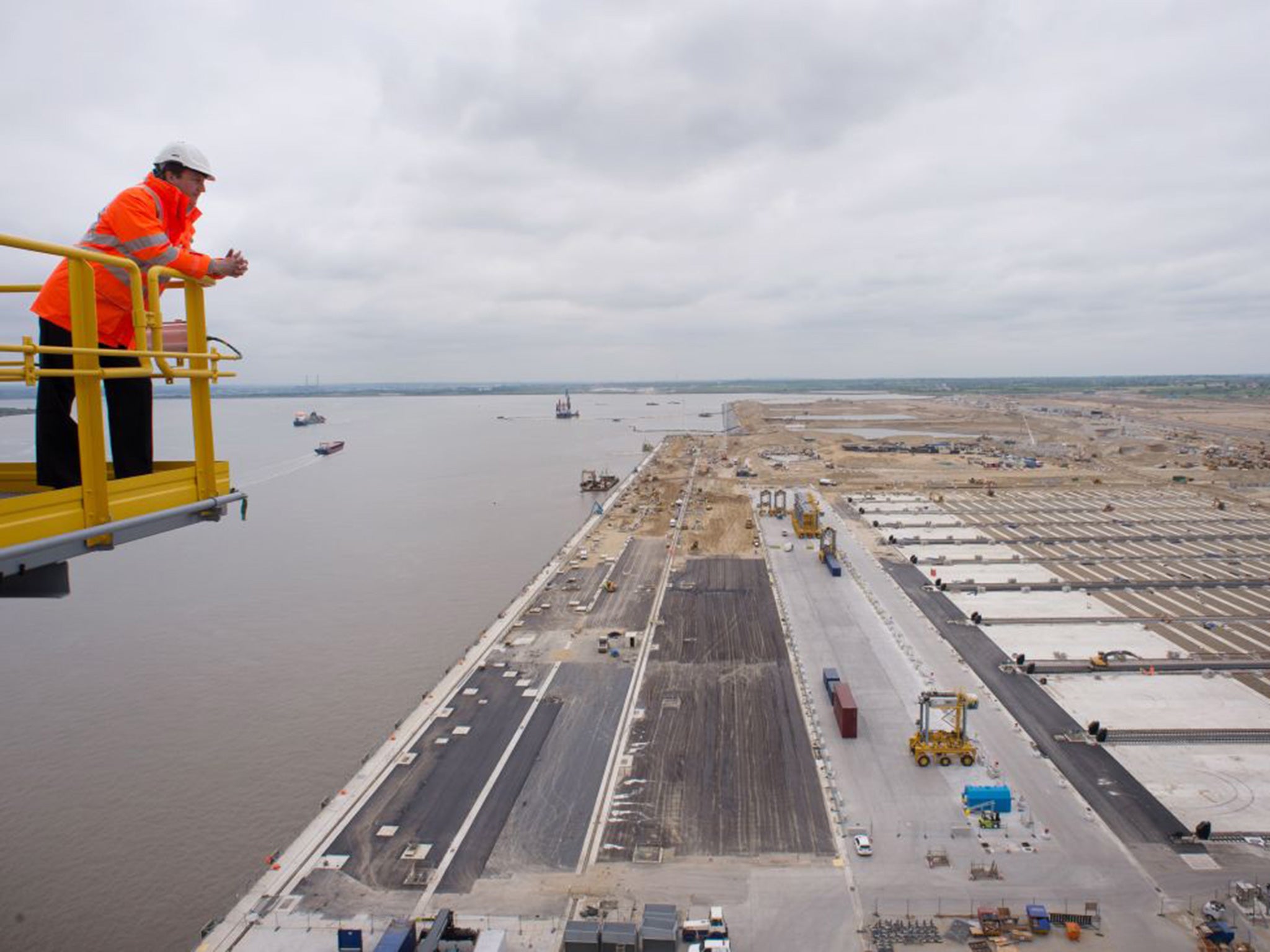
Fears are growing that the European Union will impose tough new trading terms on the UK should Britons vote to leave the bloc in the In/Out referendum which must be held by 2017.
Eurosceptics have argued that the UK would still enjoy favourable trading terms with the EU even if it left, often citing Norway, which is not a member but is still the fifth biggest exporter to the bloc. Lord Lawson, the new head of a Conservative Brexit campaign, said last week Britain could “negotiate a free trade deal with the rest of Europe”, entailing “a more amicable and realistic relationship”.
But ‘In’ campaigners say this would not be so easy, claiming technical rules for EU withdrawal mean, should Britain vote for “Brexit”, the remaining 27 states would negotiate between themselves to determine the terms of the new relationship. They have warned that this would risk disadvantageous rules being “dictated” to the UK, threatening millions of jobs.
The procedures for EU exit are outlined in Article 50 of the Lisbon Treaty, which states: “The member of the European Council or of the Council representing the withdrawing member state shall not participate in the discussions of the European Council or Council or in decisions concerning it.”
This threat will fuel further tensions within the Conservative Party, which is divided on the EU. David Cameron, the Prime Minister, wants to win concessions, such as over controlling benefit payments to EU migrants, before endorsing an ‘In’ vote.
But Eurosceptic MPs think these changes would be insufficient to persuade them to campaign to stay in the EU. A number of Conservatives have spoken out on the EU in recent days and it is expected to cause disagreement at the party’s conference in Manchester this week.
Think-tank Open Europe found last week that 17.5 per cent of Conservative MPs are pro-European or leaning to stay in the EU, against 20.9 per cent who support Brexit. This issue has been raised among pro-EU politicians by Liberal Democrat MEP Catherine Bearder and Lucy Thomas, deputy director of The IN Campaign and campaign director at Business for New Europe. Ms Thomas said: “This means Britain would just get a deal handed to us [by the remaining EU states] in the end. We could suggest what terms we would like, but we wouldn’t get a casting vote.
“Those who want to take us out of the EU can say we’ll have a relationship like that of Norway or Switzerland, but the fact is that we don’t get to choose our deal. We would be outside the negotiating room the second you vote to leave.”
Lib Dem leader Tim Farron said: “This information is damning for the ‘Out’ campaign and shows that being in Europe, fighting for reform and change is far better than carping from the sidelines. What it also means is having the rules being dictated to us to try to regain access to the common market. Our economy and millions of jobs are based on trade and business with Europe.”
A former senior Eurocrat told the IoS: “Article 50 foresees a procedure whereby, once a member state declares its intention to leave, it is excluded from the decision-making apparatus of the Union and negotiations about the future relationship between the Union and the state in question are immediately opened. Put another way, the UK would have to negotiate such a new relationship from the outside and would find itself in a weak position, relative to the other 27 united member states.”
But Owen Paterson, the former environment secretary and one of the Conservatives’ most prominent Eurosceptics, argued that the UK’s economic strength would make sure the UK retained a favourable relationship with the EU.
“This is rubbish,” Mr Paterson said. “We’re the fifth largest economy in the world. Five million EU jobs are dependent on exports to the UK, one million German jobs rely on the UK.
“This whole argument is completely laughable. Are they really saying we would be treated like a Sudan or a North Korea? We will do a deal with the EU. We would be massively empowered.”
In or out? Cabinet ministers have their say
A number of Cabinet ministers have weighed in on Britain’s membership of the EU in recent days, suggesting the referendum will dominate the party’s conference this week.
* Sajid Javid, the Business Secretary, suggested Mr Cameron could end up campaigning for Brexit: “We will then look at what we have achieved and that’s the time to make up our mind up. But remember, the PM has also said nothing is off the table.”
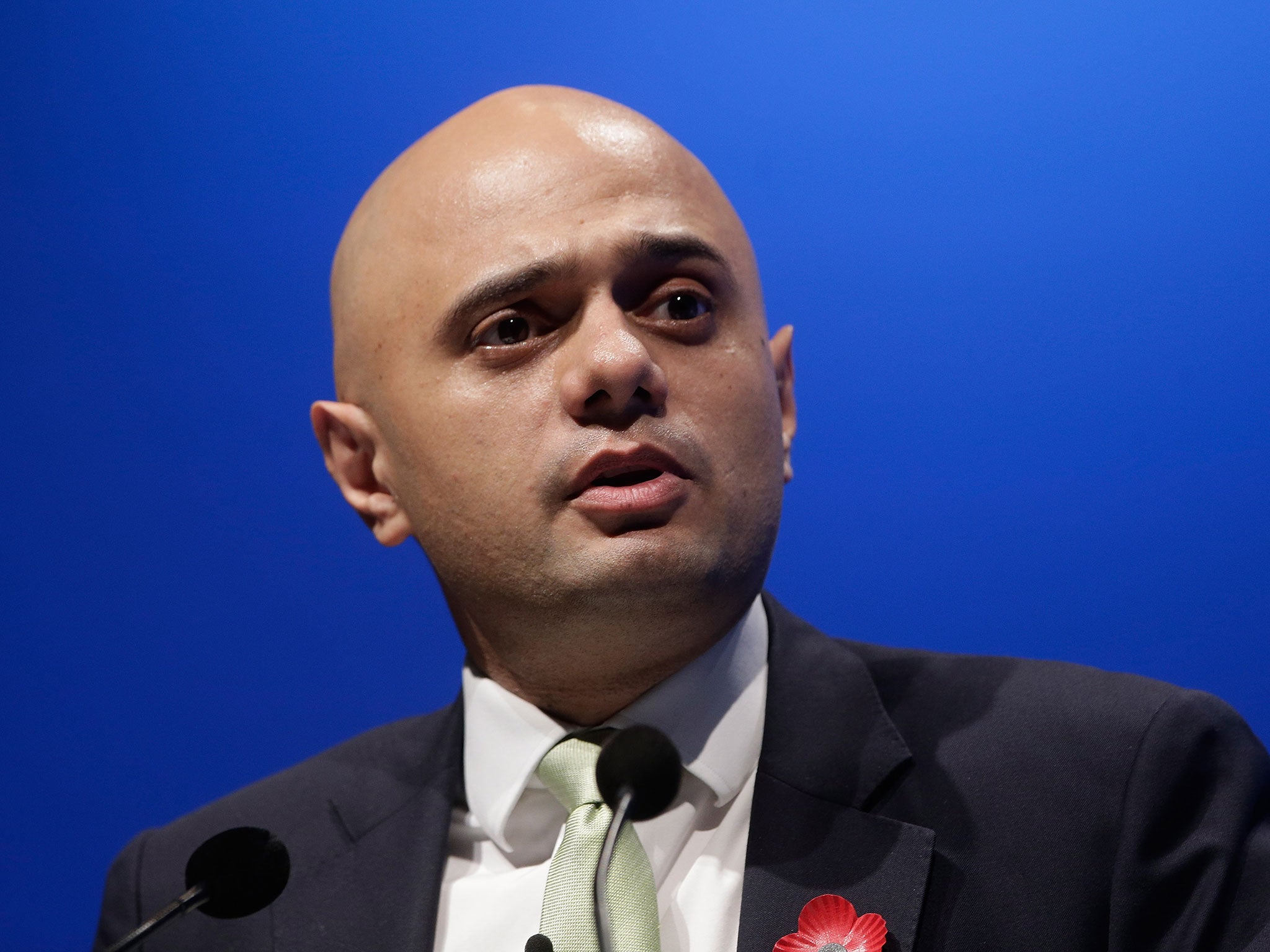
* Philip Hammond, the Foreign Secretary, warned Brexit is possible: “The package will have to be a robust, substantial and irreversible package of change with proper binding legal force. Because if we try to put to the British people a package which is anything less, we will get a raspberry from them.”
* Iain Duncan Smith, the Work and Pensions Secretary, argued that the EU’s governance problems have been exposed by the refugee crisis: “”We do not need to be involved in half the things they do and want. They want deeper and closer. We don’t over here.”
* Michael Gove, the Lord Chancellor, has put pressure on the PM and Chancellor to seal reforms to the UK’s membership: “I think that David [Cameron] and George [Osborne] will negotiate a good deal that means we can recommend staying in a reformed Europe.”
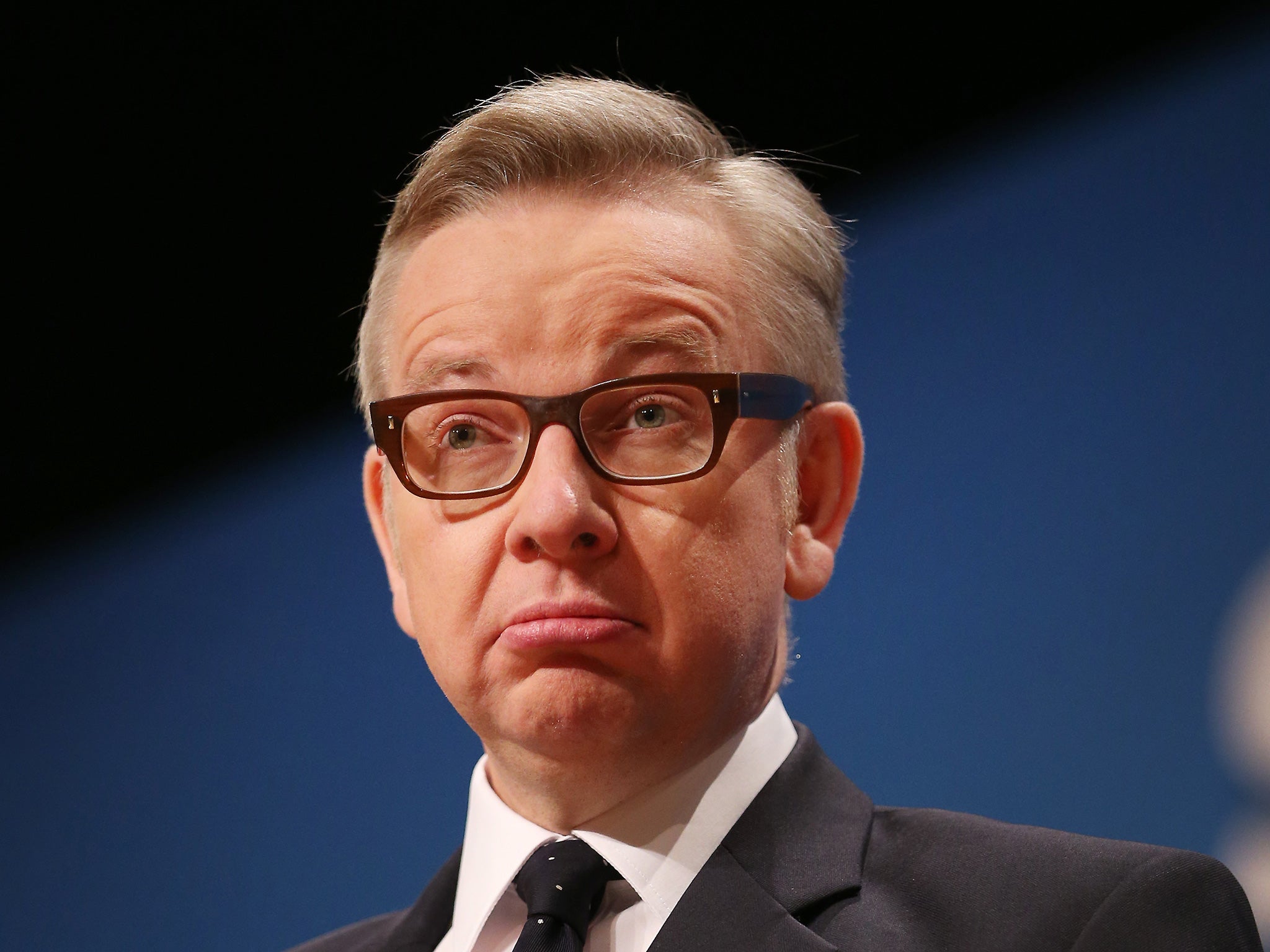
* Nicky Morgan, the Education Secretary, said she would vote to stay in: “Personally, I absolutely would be. [To vote out] I think it would have to become quite extraordinary and I don’t think we’re anywhere near it yet.”
Subscribe to Independent Premium to bookmark this article
Want to bookmark your favourite articles and stories to read or reference later? Start your Independent Premium subscription today.

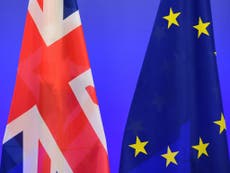
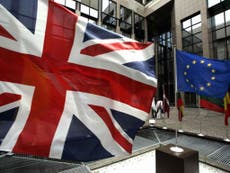



Join our commenting forum
Join thought-provoking conversations, follow other Independent readers and see their replies
Comments